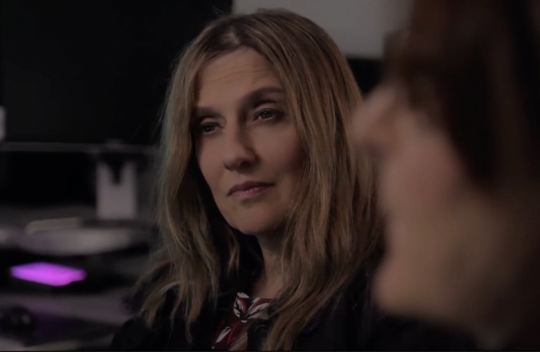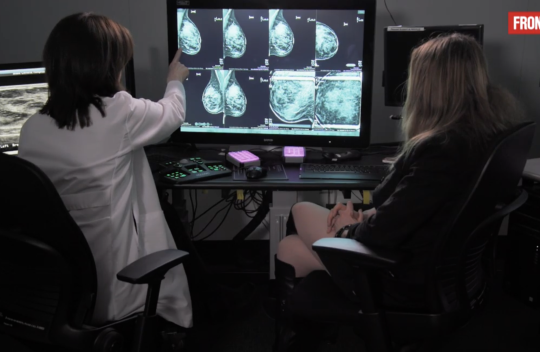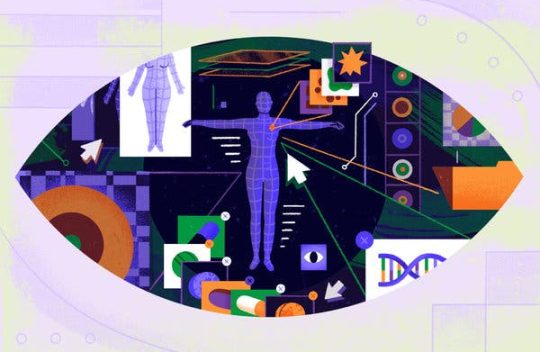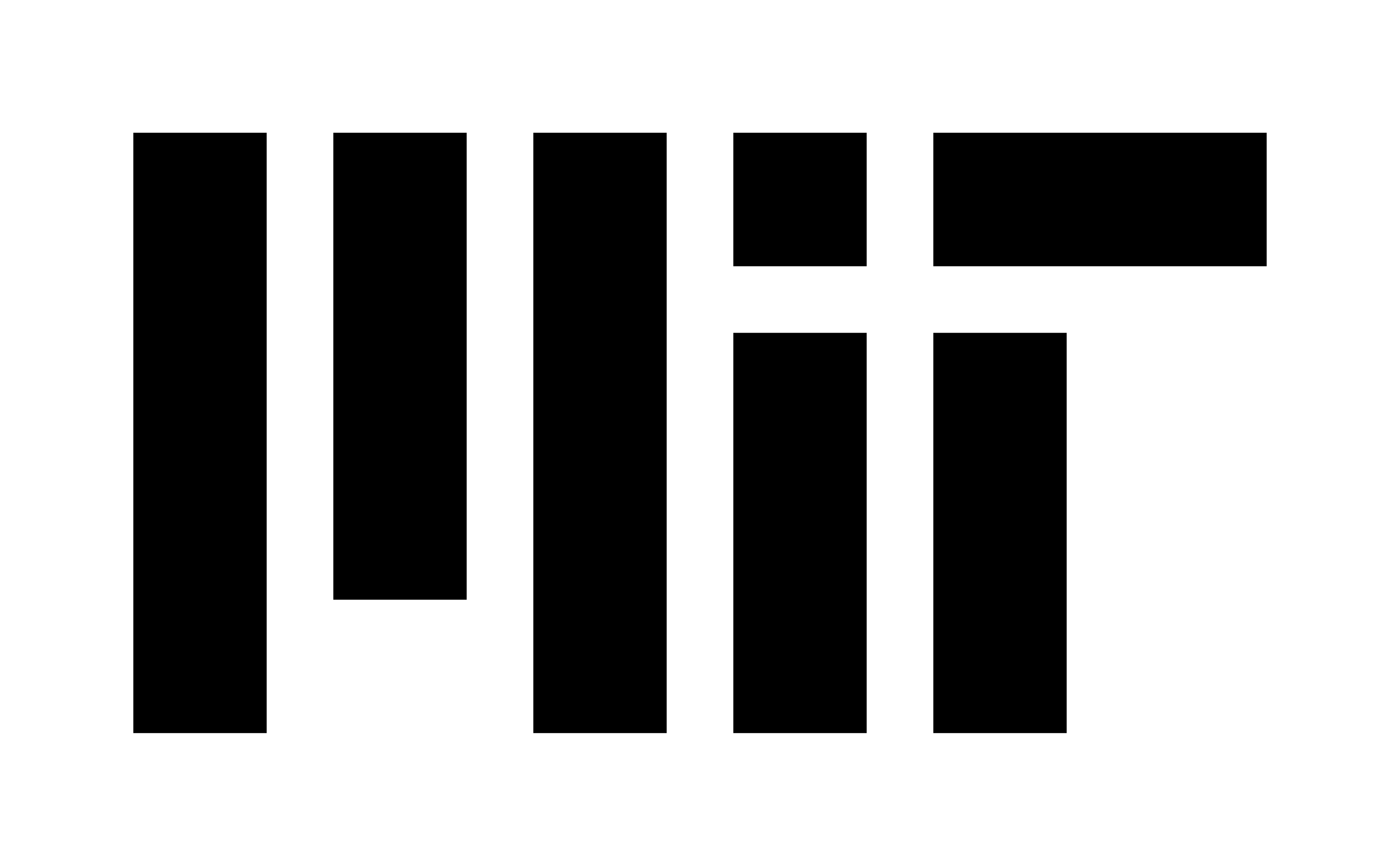Tag: breast cancer

A.I. Revolution
Can we harness the power of artificial intelligence to solve the world’s most challenging problems without creating an uncontrollable force that ultimately destroys us? ChatGPT and other new A.I. tools can now answer complex questions, write essays, and generate realistic-looking images in a matter of seconds. They can even pass a lawyer’s bar exam. Should we celebrate? Or worry? Or both? Correspondent Miles O’Brien investigates how researchers are trying to transform the world using A.I., hunting for big solutions in fields from medicine to climate change. (Premiering March 27 at 9 pm on PBS) Learn moreAI Outperformed Standard Risk Model for Predicting Breast Cancer
In a large study of thousands of mammograms, AI algorithms outperformed the standard clinical risk model for predicting the five-year risk for breast cancer. The results of the study were published in Radiology.A woman’s risk of breast cancer is typically calculated using clinical models such as the Breast Cancer Surveillance Consortium (BCSC) risk model, which uses self-reported and other information on the patient—including age, family history of the disease, whether she has given birth, and whether she has dense breasts—to calculate a risk score. Learn more

Is artificial intelligence about to transform the mammogram?
When Regina Barzilay returned to work after her breast cancer leave seven years ago, she was struck by an unexpected thought.The MIT artificial-intelligence expert had just endured chemotherapy, two lumpectomies and radiation at Massachusetts General Hospital, and all the brutal side effects that come along with those treatments.
“I walked in the door to my office and thought, ‘We here at MIT are doing all this sophisticated algorithmic work that could have so many applications,’” Barzilay said. “‘And one subway stop away the people who could benefit from it are dying.’” Learn more

How an AI Scientist Turned Her Breast Cancer Diagnosis Into a Tool to Save Lives
When artificial intelligence researcher Regina Barzilay was first diagnosed with breast cancer in 2014, she says she was struck by immediate questions: “Am I going to survive? What’s going to happen to my son?” But soon, the Massachusetts Institute of Technology scientist began asking a broader one: Why couldn’t her cancer have been diagnosed earlier? Barzilay’s quest to find an answer would lead to a remarkable result: the development of an AI-based system for early detection of breast cancer, with the ability to predict whether a patient is likely to develop the disease in the next five years. A technology that had not yet penetrated the hospital setting now has the potential to save many thousands of lives each year. Learn more
Using A.I. to Transform Breast Cancer Care
How could a researcher in computer science improve future cancer care, I wondered, when a trip to Boston afforded me the opportunity to converse with Regina Barzilay, a professor at the Massachusetts Institute of Technology and the recipient in 2017 of a prestigious MacArthur Fellowship, known as a “genius grant.” After a breast cancer diagnosis in 2014, Dr. Barzilay, who has a doctorate in computer science, began directing her work in artificial intelligence toward helping other patients.She and her team have developed algorithms to predict whether a patient is likely to develop breast cancer in the next five years. Their model is designed to spot the tiny changes on mammograms that turn into tumors. And it detects them regardless of the patient’s race, a significant concern in light of the racial divide in breast cancer mortality. Learn more

